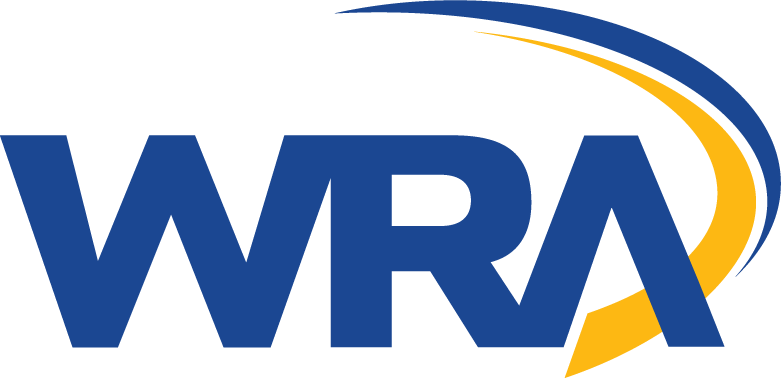I-695 at I-70 Interchange – Triple Bridges Project. Baltimore County, Maryland.
The Triple Bridges project will address the structural needs at the interchange, improve safety, reduce congestion, reduce future interchange maintenance, and retain all existing access improvements. WRA is preparing the NEPA document and associated technical reports, wetland delineations, and noise impact analysis and barrier design; reviewing conceptual alternatives prepared by others and developing new alternative designs; performing highway, water resources, structural, traffic, geotechnical, and utility engineering services; and preparing the performance specifications and evaluation criteria in support of the RFP development. WRA is also supporting MDOT SHA in a proactive public engagement plan with the surrounding communities.
Services Performed
Project Highlights
Environmental
WRA field delineated all Waters of the US (including wetlands), performed stream assessments, forest stand evaluations, and specimen tree identification within a 316-acre study area. WRA prepared a Natural Resources Inventory report to document and map the approximate one acre of wetlands and 33 streams identified.
NEPA Documentation
WRA is preparing all environmental evaluations and documentation critical to obtaining approval from FHWA under NEPA and to identify opportunities for avoidance and minimization of impacts to adjacent environmental resources and private properties, as MDOT SHA’s goal is to have the majority of proposed improvements be contained within the existing available right-of-way. WRA is also performing the Indirect and Cumulative Effects Technical Report, the Hazardous Materials Technical Report, and the Community Effects Analysis, and assisting with Section 106 coordination.
Noise
WRA performed noise impact analysis of a range of alternatives to identify the worst-case noise impacts, then developed noise barrier options to mitigate the impacts. WRA prepared cost estimates and constructability analyses and prepared a detailed design for an area with environmental, utility, and right of way conflicts.
Highways/Roadways/Bridges
WRA’s conceptual design efforts included modeling different interchange alternatives, including conceptual roadway and structural design. The information was used in the development of estimated impact areas and study boundaries for the environmental analyses and evaluations. WRA was responsible for the preparation of the preliminary engineering, and cost estimates, including detailed right-of-way and utility estimates.
Traffic
WRA conducted traffic forecasting, operational analyses, and safety studies to inform the design alternatives. WRA collected mainline traffic data at four locations within the vicinity of the interchange and developed detailed existing and forecasted future volumes at each of these locations, in addition to a detailed analysis of the complex interchange. Travel times and speeds were also evaluated.
